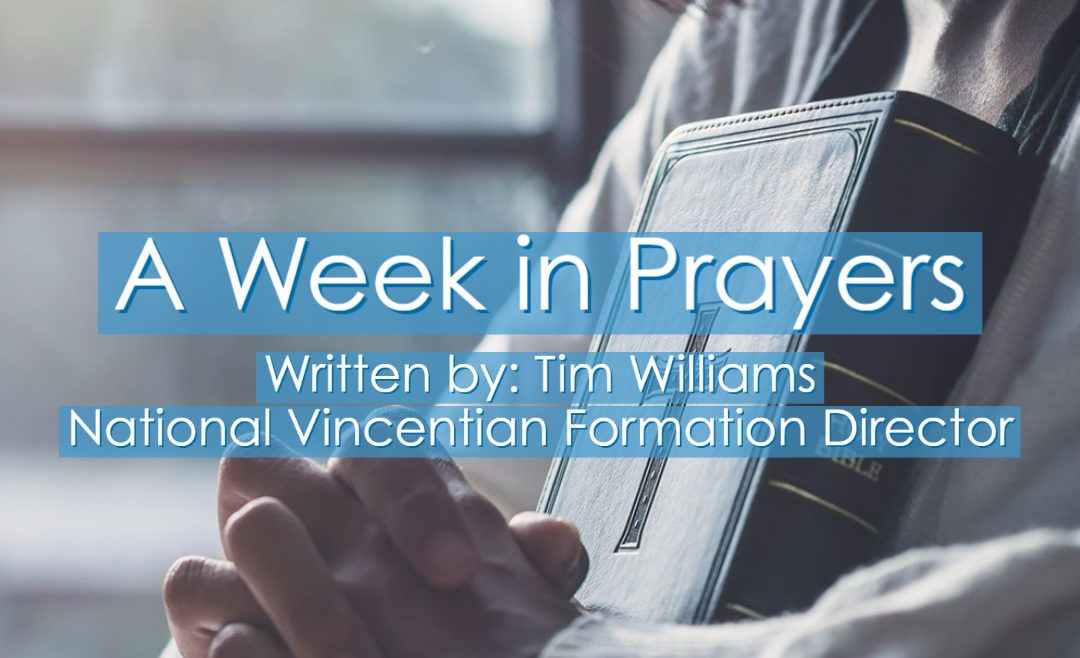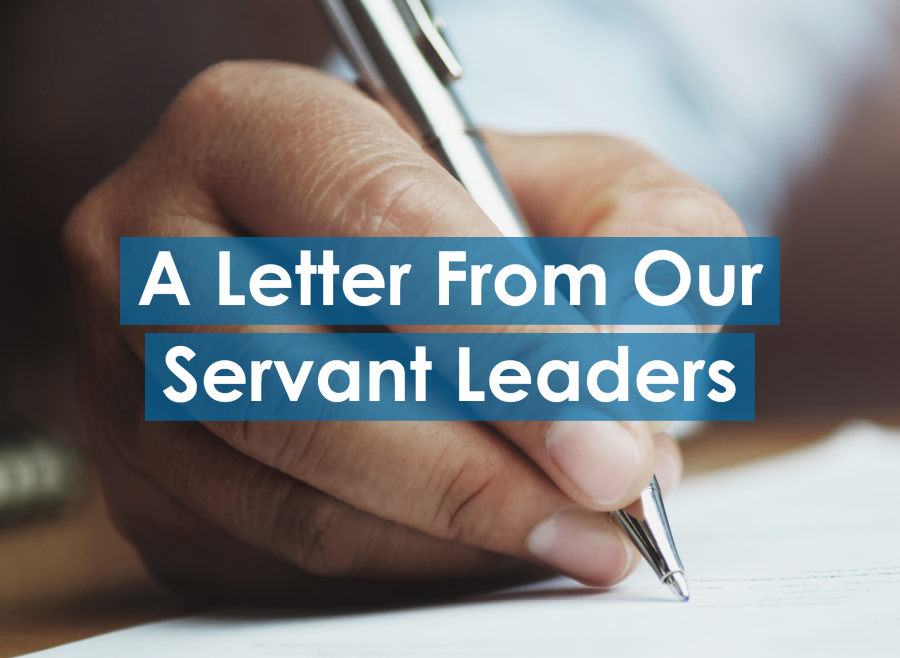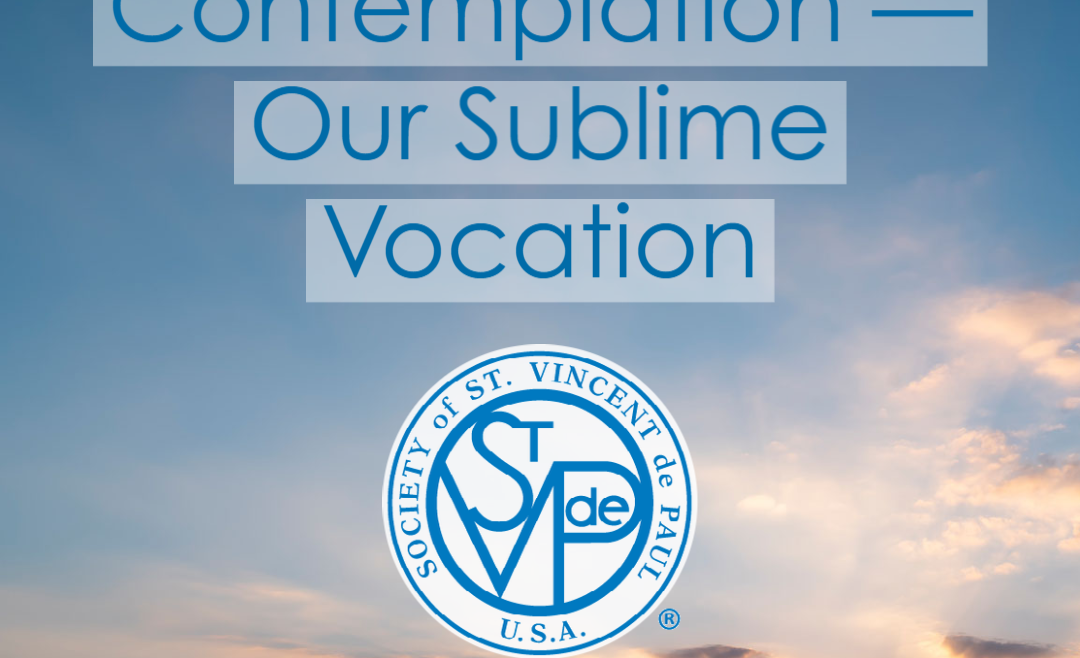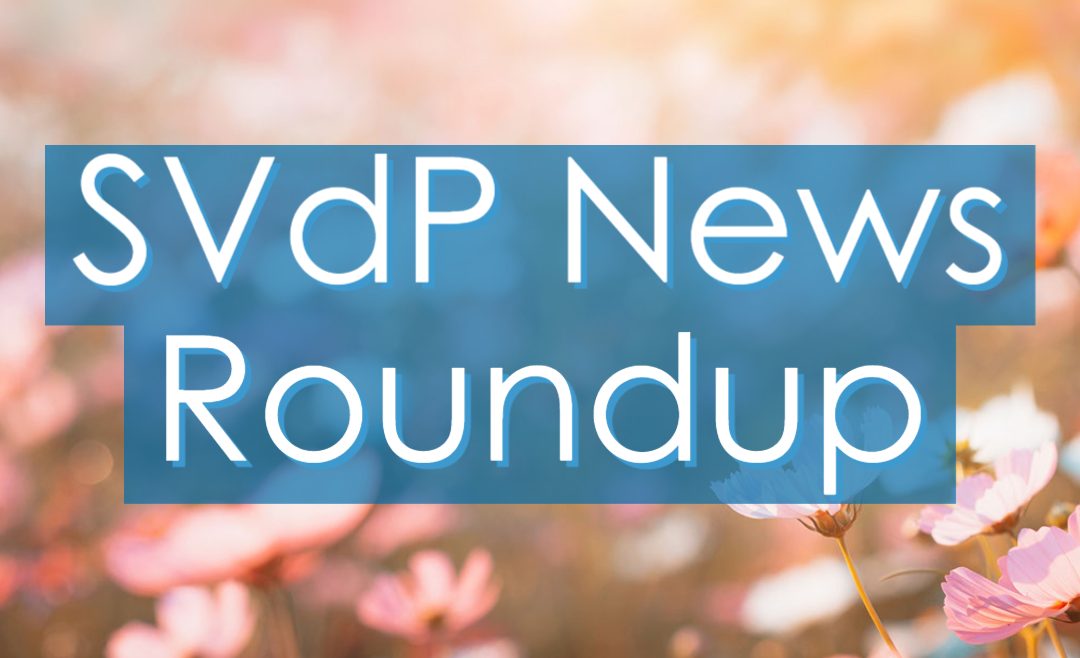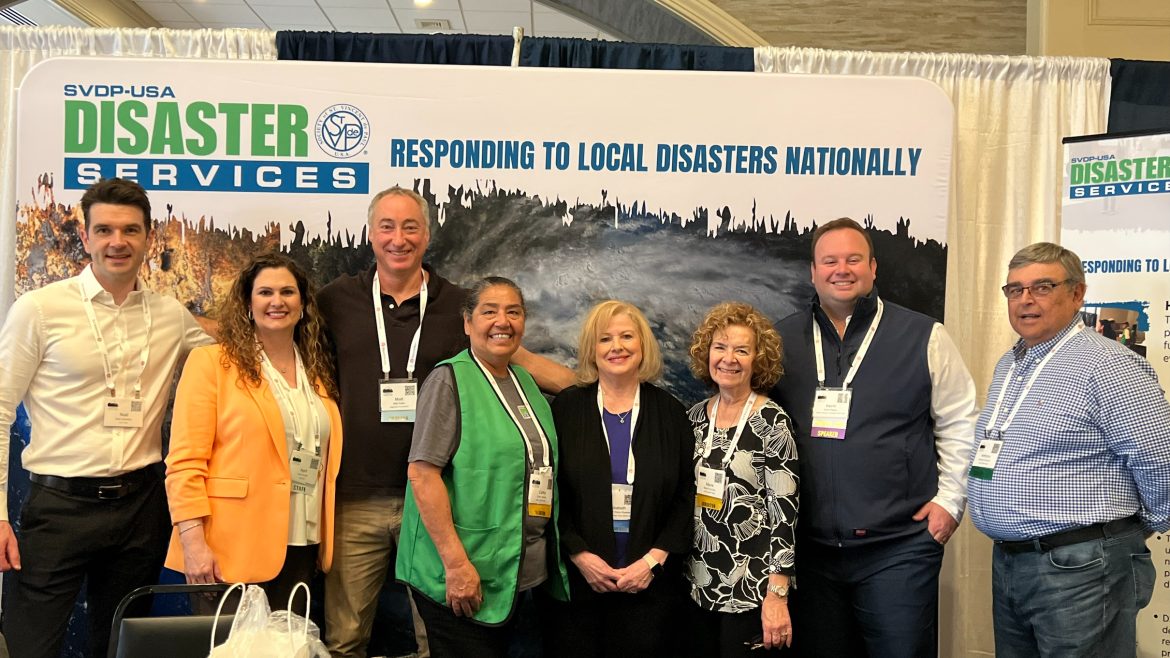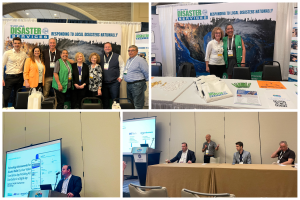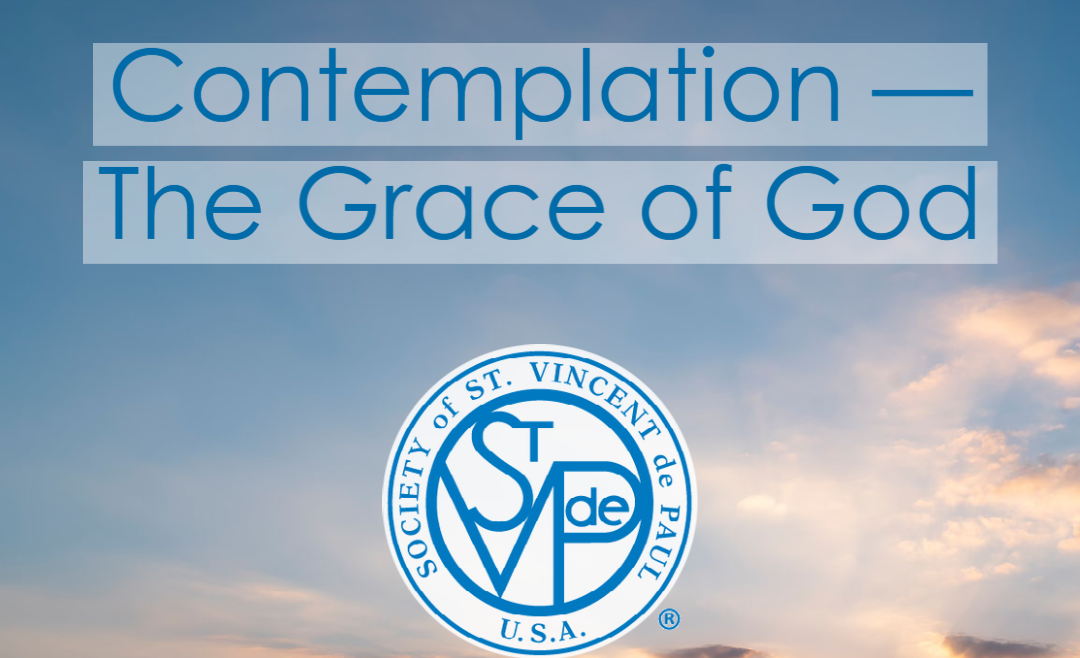Monday, May 22
O my Jesus, I love You.
I love You in my actions,
I love You in my prayer,
I love You in my heart and soul.
When all else is abandoned,
Or has abandoned me,
From an empty room alone,
I love You, Lord.
Amen
Tuesday, May 23
You have called me, Lord,
Here I am.
You have called me from my slumber,
Here I am.
You have called me to the neighbor,
Here I am.
You have called me to my cross,
Here I am.
You have called me to Yourself,
Here I am.
Amen
Wednesday, May 24
Holy Spirit, live within me,
Guide me and move me.
Help me to know the will
Of the Father,
And to follow the way
Of the Son.
Amen
Thursday, May 25
How can I serve You,
My Lord and my God?
How can I do Your will?
Help me to set aside
Childish things,
To trust You more fully,
And love You more deeply.
Help me to serve in hope.
Amen
Friday, May 26
Lord, may Your Will, not mine, be done.
I will accept it in faith.
Lord, if Your will for me is hardship,
I will bear it in hope.
Lord, Your will for all is eternal life.
I will seek it and share it with love.
Amen

